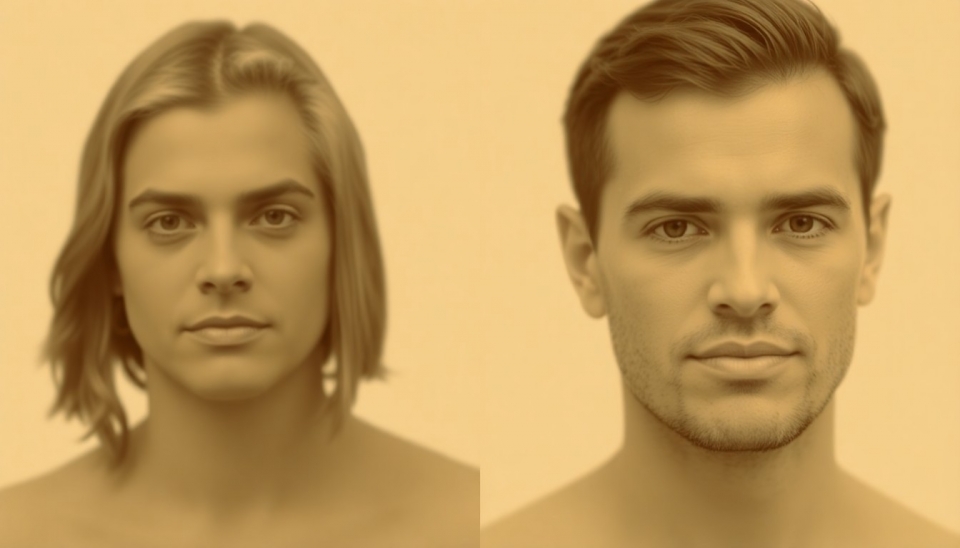
In a shocking development that has ignited a fierce debate over the ethical and legal implications of emerging technologies, a recent confession regarding the manipulation of deepfake videos has raised pivotal questions about the nature of crimes associated with this innovative yet troubling digital phenomenon. The situation unfolded after an individual admitted to creating and distributing deepfake content that misrepresented the likenesses of several public figures, prompting an intense discussion about responsibility and accountability in the digital age.
Deepfakes utilize artificial intelligence to fabricate realistic-looking fake videos, making it increasingly challenging to discern reality from manipulation. While the technology has gained notoriety for its use in creating misleading media, it also poses profound ethical dilemmas concerning consent, misinformation, and the potential impact on public perception and personal reputations.
The individual who confessed expressed feelings of remorse, acknowledging the harm caused by their actions. However, critics argue that the legal framework surrounding deepfakes is vague and inconsistent, complicating the prosecution of such offenses. Given that deepfake technology itself is not inherently illegal, defining the crime becomes an arduous task, particularly when layered with issues relating to intent and the consequences of distribution.
This confrontation has sparked discussions amongst lawmakers who are now grappling with the implications of deepfake technology on justice and public safety. The challenge lies not only in crafting legislation that can adequately address the misuse of deepfakes but also in balancing that with the protection of legitimate expressions of technology and creativity. Some advocates suggest that clearer definitions of harmful practices involving deepfakes could pave the way toward accountability, while others caution against overregulation that might stifle innovation.
As the narrative surrounding digital manipulation evolves, it raises awareness of the broader societal implications, including how misinformation spreads and affects individuals' lives, especially public figures. With the ongoing evolution of AI technologies, the conversation is expected to escalate, demanding more robust discussions between tech companies, lawmakers, and regulatory bodies to craft a framework that protects individuals while fostering innovation.
As more high-profile cases come to light, this confession serves as a crucial reminder of the need for vigilance and responsibility in navigating a landscape dominated by rapid technological advancements. The question remains: as society pushes forward, will it adapt to the power and peril of deepfake technology, or will confusion and legal ambiguity reign?
In conclusion, the legal system may soon face a watershed moment as it confronts the challenges posed by digital manipulation in the form of deepfakes. Stakeholders across various sectors must collaborate to establish comprehensive guidelines that address these emerging issues while promoting ethical use and innovation.
#Deepfake #Technology #LegalIssues #AI #Misinformation #Ethics #Accountability #Regulation #PublicSafety
Author: Emily Collins




